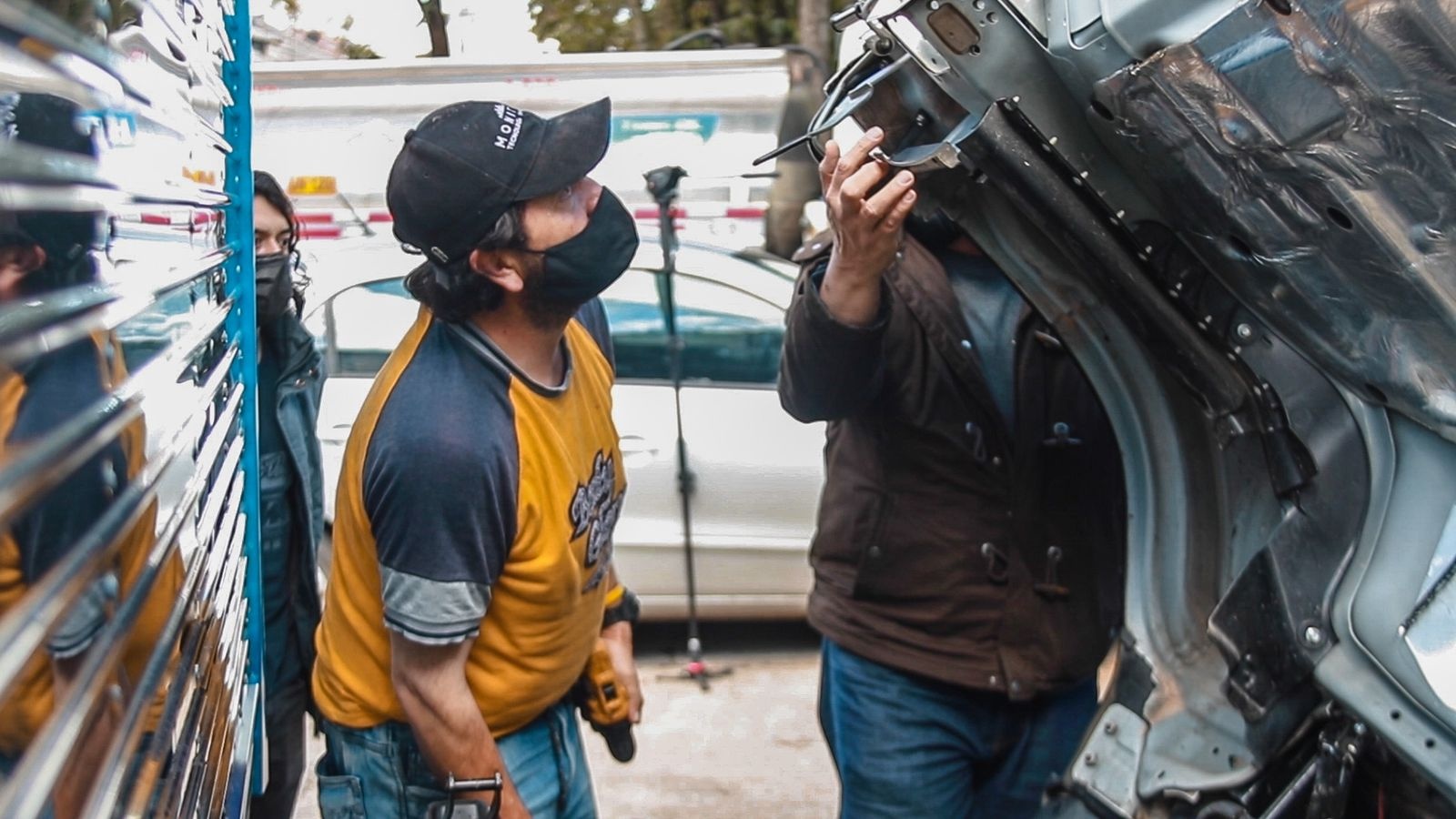Clean Transport project unites Colombian businesses to improve air quality

Subject
Events
Country
Publication Date
2022-04-18
Partnership
About
As Colombia seeks to improve its air quality, sustainable transportation will play a key role in providing a cleaner environment, better jobs, and improved quality of life. Fortunately, companies are on board with this shift, as P4G’s recently closed out Clean Freight Transport partnership demonstrated. On April 7, the partnership presented its results from implementing monitoring devices in freight trucks to measure greenhouse gas (GHG) emissions and improve air quality in Bogotá.
Manuela Uribe, Director of Smart and Sustainable Cities at ProBogotá Region, opened the event by sharing the motivation and context behind the project. In addition to Colombia’s overall goal of reducing emissions 51% by 2030 and carbon neutrality by 2050, Bogotá has made its own commitments to support Colombia’s efforts. This includes the Clean Air Pact for companies and Bogotá’s emissions reduction target of 57% by 2030.
For the Clean Freight Transport team, greening truck logistics could help support these goals and address increasingly severe air quality alerts. The team brought together partners to pilot an innovative approach to reducing emissions with universities designing GHG monitoring devices and analyzing data; Colombian companies such as Terpel, Corona, Postobon, Noel, La Recetta, Disan, Vanti, Dragon, Opperar implementing them; and organizations like ProBogotá and ANDI sharing the results. “This is how you design smart cities where everyone contributes with their area of expertise,” Uribe noted.
Dan Mejia, P4G’s Latin America Regional Manager, highlighted the partnership’s value in proving a viable market for companies to pursue green logistics, gathering transparent data to design strategies for clean technologies, and working with the public sector to drive policy reform that will facilitate further investment and sustained results.
Despite challenges from COVID-19 delaying the project, 11 companies committed to install the devices in 27 vehicles, which transmitted real time data through a SIM card and stored it on the cloud. The partnership conducted simulations to understand the motor and emissions for different trucks to establish baseline data. Using the data and analysis, the project aims to make transport businesses more efficient.
Leonardo Rodriguez, Research and Transfer Manager at Universidad EAN shared the benefits for different stakeholders. For companies, the pilot project enabled them to design strategies to measure and understand emissions to meet reduction goals. They can do so through optimizing routes, times, weight and better driving. The public sector can use the emissions data to shape policies, including incentives, fees and regulations, to meet climate goals. They can also make data-based decisions based on specific route or city emissions. Going forward, Clean Freight Transport plans to continue monitoring trucks’ conditions, develop an interactive logistics map, and a dynamic emissions map to better understand how to improve green transport.
Bruce MacMaster, President of ANDI, shared his reflections on the pilot’s importance to highlight Colombia as a hub for innovative climate investment. By promoting the competitiveness of companies to comply with climate goals, this model offers a path to optimize truck logistics, improve e-mobility technology, and reduce emissions, all necessary components for meeting Colombia’s goals for an electric fleet.
The event also featured a discussion between various partners, including representatives from the Ministry of Environment, participating companies and universities. They shared how the pilot enabled them to rapidly calculate emissions with new technology and improve instruments through more accurate sources of information. The discussion also highlighted how flexibility in regulation and less risk can enable greater scaling, since the pilot model proved the efficacy and value before expanding. The next step will now be getting more companies to implement sustainable strategies. Partners noted the value of collective action that promotes solutions not just for e-mobility but for all people in an interconnected city.
In the words of Ana Marina Jiménez, Vice President of Corporate Affairs at Tigo, “For a truly smart city, the people must be at the center and solutions must be about benefiting the communities.”
Watch the full session here (in Spanish).
